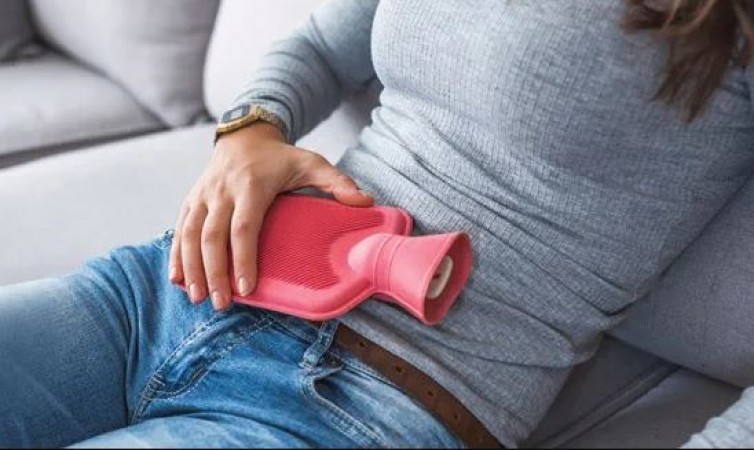
Menstruation, also known as a woman's period, is a natural physiological process that occurs in the reproductive system. While it is a routine occurrence for most women, certain lifestyle choices, including diet, can influence the comfort and ease of this monthly cycle. There are specific foods that women are advised to avoid during their periods to prevent potential discomfort and disturbances. In this article, we'll explore the foods that should be avoided during menstruation to ensure a trouble-free experience.
The Impact of Diet on Menstrual Health
A well-balanced diet plays a vital role in maintaining overall health and wellness, including menstrual health. During menstruation, hormonal fluctuations can lead to various physical and emotional changes in a woman's body. Some foods have the potential to exacerbate these changes, leading to bloating, cramps, and mood swings.
Foods to Avoid
Salty Foods: High-sodium foods, such as chips, processed snacks, and canned soups, can contribute to water retention and bloating. During menstruation, the body is already more prone to retaining water due to hormonal changes. Consuming excessive salt can worsen this bloating sensation and discomfort.
Sugary Foods: Refined sugars found in candies, pastries, and sugary drinks can cause rapid spikes and crashes in blood sugar levels. These fluctuations may contribute to mood swings, irritability, and fatigue – symptoms that can already be intensified during menstruation.
Caffeine: While some women find relief from mild cramps through caffeine consumption, excessive intake can lead to increased anxiety, restlessness, and further exacerbation of menstrual-related mood changes. It can also contribute to breast tenderness and interfere with sleep quality.
Fatty Foods: High-fat foods, especially those rich in saturated fats, can increase inflammation in the body. This may intensify menstrual cramps and discomfort. Fried foods and fatty cuts of meat are examples of items to avoid.
Dairy Products: Some women are sensitive to dairy products during their periods due to the presence of arachidonic acid, which can lead to increased prostaglandin production, contributing to stronger uterine contractions and more painful cramps.
Processed Foods: Highly processed foods often contain additives, preservatives, and artificial colors that can disrupt hormonal balance and exacerbate bloating and cramps.
Carbonated Drinks: Carbonated beverages can lead to increased gas and bloating, which can intensify discomfort during menstruation.
Alternatives to Consider
Hydration: Staying well-hydrated is essential during menstruation. Opt for water, herbal teas, and natural fruit juices instead of sugary and carbonated beverages.
Whole Foods: Choose whole, unprocessed foods that are rich in fiber, vitamins, and minerals. Incorporate lean proteins, fruits, vegetables, whole grains, and nuts into your diet.
Iron-Rich Foods: Consume foods rich in iron to help counteract any potential blood loss during your period. Lean meats, leafy greens, legumes, and fortified cereals are excellent choices.
Anti-Inflammatory Foods: Incorporate foods with anti-inflammatory properties, such as fatty fish (salmon, mackerel), turmeric, ginger, and green tea, to potentially ease cramps and discomfort.
Maintaining a balanced and nutritious diet is crucial for overall health, and it becomes especially important during menstruation. By avoiding foods that can exacerbate discomfort and disturbances, women can help alleviate the symptoms associated with their periods. Instead, opting for whole, nourishing foods can contribute to a smoother and more comfortable menstrual cycle. As always, individual responses to foods may vary, so it's important to listen to your body and make dietary choices that support your well-being during this natural process.
Managing Rare Cardiovascular Diseases: Insights into Treatment and Outlook
Intoxication: A Catalyst for Devastation, UP CM on Youth Day